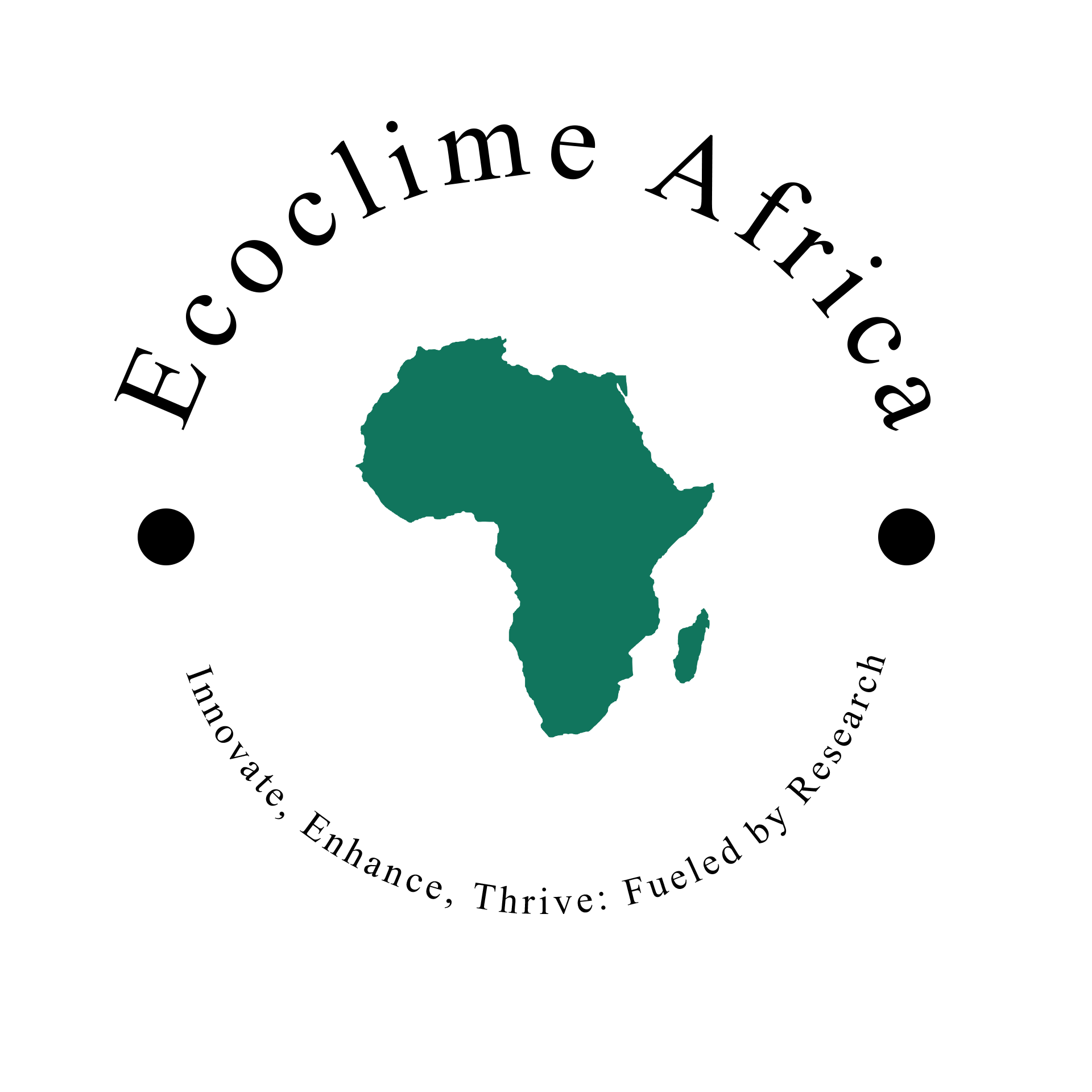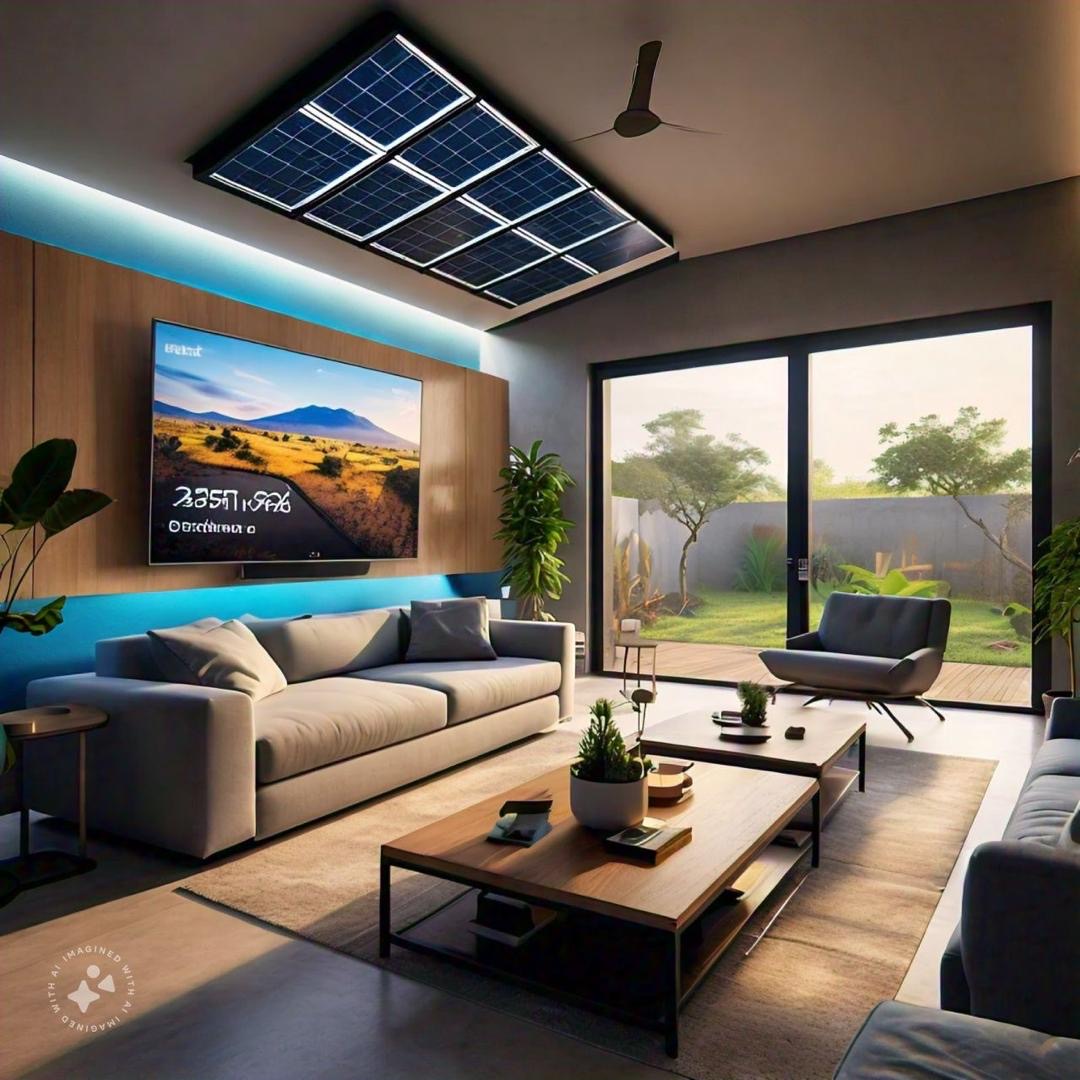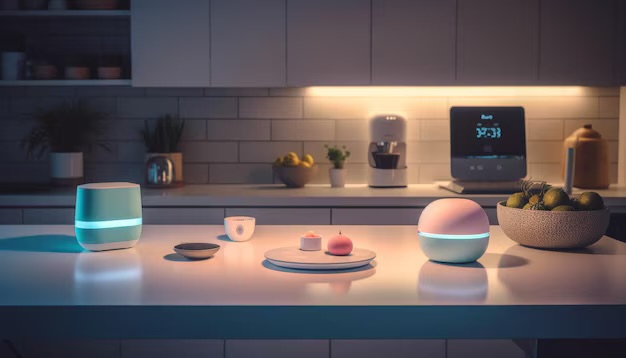

Smart Energy Conservation for Sustainable Living in Africa
Energy is one of the most essential resources and Africa is experiencing a dire deficit with over 600 million people lacking access to electricity [1]. The continent’s energy landscape is dominated by traditional biomass, oil, and coal, with limited adoption of renewable and smart energy solutions [3][5]. However, the potential for sustainable living through smart energy conservation is immense. Ecoclime Africa, a leading corporation dedicated to promoting sustainability through pioneering research is at the forefront of driving this change [2]. In this article, we will explore smart energy conservation methods that can transform African households and communities, paving the way for a more sustainable future.

Smart Energy Conservation Solutions for African Households
Home Energy Management Systems (HEMS)
Smart devices that are used in homes to turn on/off and set consumption schedules of electrical appliances are known as home energy management systems (HEMS). Therefore integration of HEMS with smart appliances and renewable energy sources will go a long way in helping African households slice off their electricity bill and carbon emissions.One successful example is the implementation of HEMS in Kigali, Rwanda, where residents have reported up to 30% savings on their electricity costs.
Smart Lighting Solutions
LED and smart bulbs are changing the future of lighting in African homes. These energy efficient solutions can be managed remotely to effectively switch off the lights whenever they are not required and also set specific lighting timings. Another smart lighting technology is the motion sensors that have the capability of switching off the l In Nairobi, Kenya, a pilot project using motion-sensor-controlled LED lights in low-income households has resulted in a 40% decrease in energy consumption.

Renewable Energy Integration
Solar panels, when combined with smart grids and energy storage systems, offer a sustainable and reliable energy solution for African households. Smart grids ensure energy is distributed while advanced battery storage systems enable excess solar energy to be stored for future usage. A residential building in Casablanca Morocco has incorporated solar panels along with smart grids and energy storage in a residential complex; thus, the building has cut down using the national grid supply by 60%.
Smart Appliances
Technologically advanced home appliances like the refrigerator, washing machine, air conditioners along with other electrical appliances can be switched on/off and their functioning can be checked through smart phones. Despite their rising use in homes, these appliances consume up to half the energy of the conventional counterparts hence incurring far much lesser cost. However, these appliances are still not readily available in the African markets which continues to be an issue. Nations and manufacturers should encourage the production and dissemination of smart appliances.
Behavioral Changes Supported by Technology
Smart thermostats can learn user habits and automatically adjust heating and cooling to optimize energy use. Mobile apps that track energy consumption in real-time also encourage behavioral changes, helping users identify and eliminate energy waste. In Cape Town, South Africa, a community-led initiative has provided smart thermostats and energy tracking apps to low-income households, resulting in a 20% reduction in energy consumption.
Policy Recommendations
There is a considerable responsibility for the governments of Africa to help in the integration of smart energy solutions. Measures that include providing tax credit for putting in individual solar systems, subsidized smart appliances, and adopting energy efficiency codes that apply to new constructions contribute to the adoption.
However, smart energy projects require strong support from the community, its partnerships with NGOs and the Private sectors. Thus, such collaborations can have a domino effect on the African communities and promote environmental consciousness and sustainability.
Conclusion
Energy conservation technologies present an effective way through which Africans can be able to embrace the culture of efficient energy consumption. When optimized with HEMS, smart lighting, renewable energy systems, and efficient appliances, the energy consumption of African homes can be cut, the electricity bills decreased, and the environmental footprint minimized.
Nevertheless, the effectiveness of the aforementioned solutions depends on the response from governments, communities and the private sector. Through support of good policies, constructive changes in people’s behavior, and promotion of creativity, Africa can become the true pioneer of rational use of energy and sound international development.
Come and be part of our team who is determined to electrify Africa with the appropriate and efficient energy. Only in unison is it possible to build a considerably and environmentally friendly world for everyone.
References
[1] Khezami, N., Gharbi, N., Neji, B., & Braiek, N. B. (2022). Blockchain Technology Implementation in the Energy Sector: Comprehensive Literature Review and Mapping. Sustainability, 14(23), 15826. https://doi.org/10.3390/su142315826
[2] Ecoclime Africa. (n.d.). EcoClime Africa | LinkedIn. https://www.linkedin.com/company/ecoclime-africa
[3] Chapter 3. Energy demand (supply) and consumption in Africa’s agriculture. (n.d.). https://www.fao.org/4/v9766E/v9766e04.htm
[4] Africa, E. (2024, May 25). Ecoclime Africa on LinkedIn: #africaday #sustainability #education #ecoclimeafrica #greenfuture. . .. https://www.linkedin.com/posts/ecoclime-africa_africaday-sustainability-education-activity-7200083568427966464-Nyho
[5] Berriault, L. (2023, August 31). Southern Africa’s energy woes – GIS Reports. GIS Reports. https://www.gisreportsonline.com/r/southern-africa-energy/
[6] About us – Ecoclime Ltd. (n.d.). https://ecoclime.org/about-us/
[7] Architectural Design/Construction – Ecoclime Ltd. (n.d.). https://ecoclime.org/architectural-design/
[8] Energy crisis in Southern Africa: future prospects. (2018, December 1). https://repository.uneca.org/handle/10855/41827
[9] Rydfjäll, F. (2022, June 30). Ecoclime – Cutting costs with clean energy. Ecoclime. https://ecoclime.se/nyheter/dashicons-media-spreadsheet/ecoclime-cutting-costs-with-clean-energy/
Author(s): Yeboah Luckman Aborah , Isaac Otu , Samuel Osei-Amponsah
Comments
No comments available.